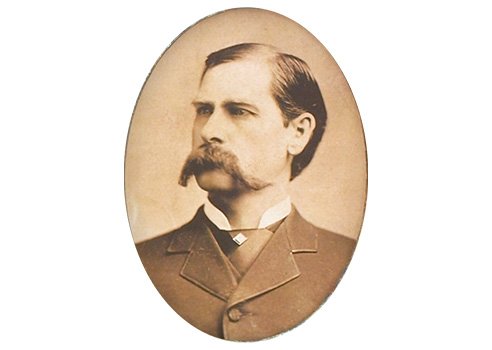Reading time: Just over 1 minute
Increase your vocabulary and you’ll make your writing much more precise. That’s why I provide a word of the week. Today’s word: scalawag.
I’m the eldest of five children and, when I was a youngster, my parents used to call all of us kids “scalawags.” (I don’t think I’d ever thought about the spelling of the term. If forced, I might have imagined it as scallywag.) They generally used a jesting tone from which I understood the word to mean “high-spirited” or “kids who get into trouble that isn’t all that serious.”
Turns out the original meaning of the word is a whole lot more interesting than that! I encountered it most recently, in an unsigned Sept. 9/13 New Yorker review of a new Andrew Isenbarg biography of Wyatt Earp. Earp was the gambler and sheriff who took part in the famous 1881 gunfight at the O.K. corral. Here is the sentence in the review in which the word appeared:
Isenberg’s Earp is not a hero but a scalawag, flitting from one cow town to the next, and surviving by gambling horse-thieving, pimping, embezzling, and policing.
Also spelled scallawag, the word means “disreputable fellow” and dates back to 1848. It’s described as American English, originally from trade union jargon, and thought perhaps to be an alteration of Scottish scallag, meaning “farm servant, rustic,” which itself was an alteration of Scalloway, one of the Shetland Islands. (The reference was to being like Shetland ponies. An early recorded sense of scalawag was “undersized or worthless animal.” )
In U.S. history, however, the word was used from 1862 as a derogatory term for anti-Confederate native white Southerners. There’s not much high-spirited about that!


